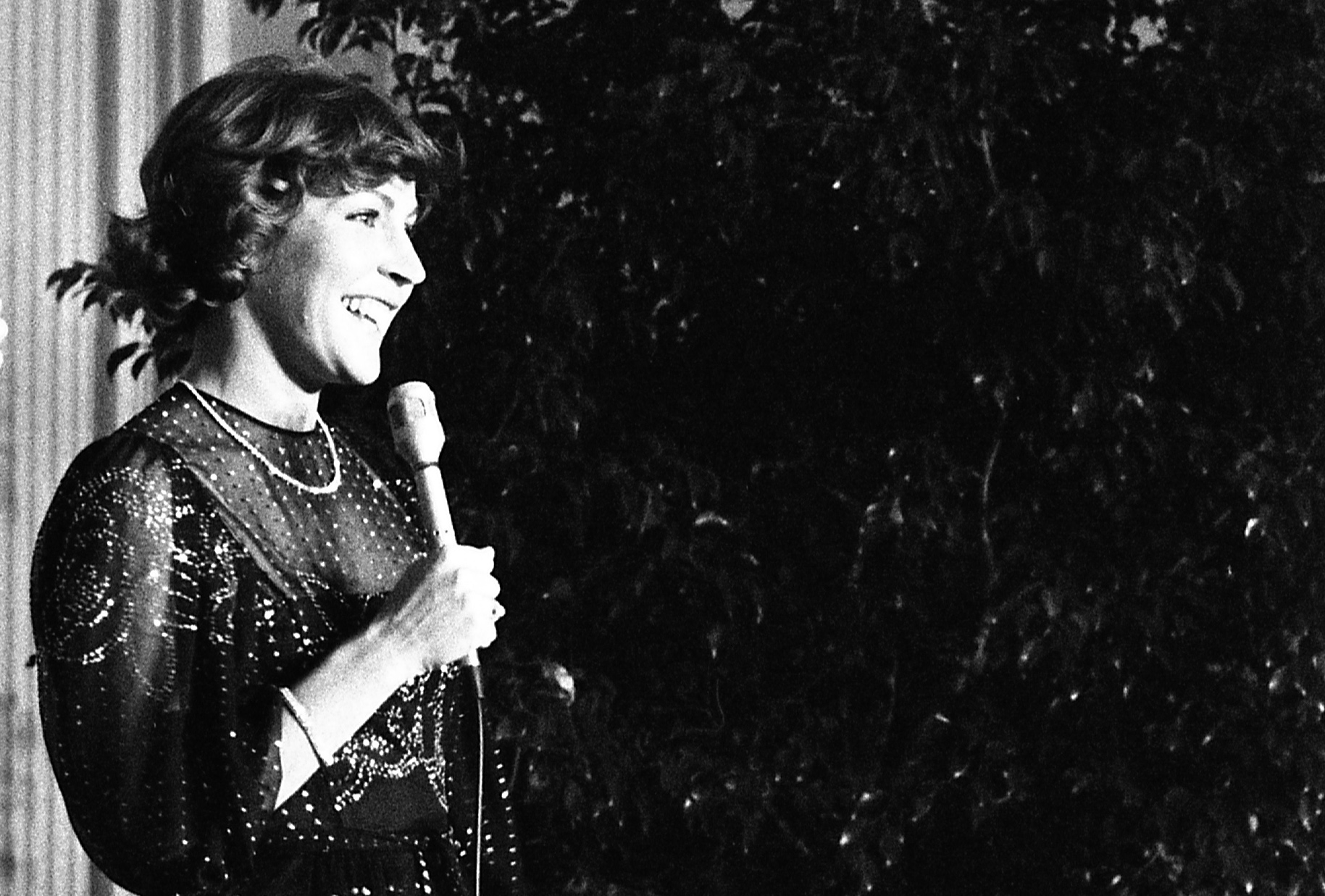It’s rare when a famous Australian is not first described as a ‘great Aussie’ upon their passing. It remains almost the ultimate accolade in this country.
And yet it came a long way down the list among the tributes to singer and feminist icon Helen Reddy, who was not only a great Aussie, but above and beyond that a great woman and a great individual, whose global influence will continue to reverberate well past her death.
Just weeks after the release of her biopic I Am Woman, the announcement on Tuesday of Reddy’s death, at the age of 78, prompted a wave of testimonials to a woman who penned feminism’s most empowering and passionate anthem.
A statement announcing the news was shared via an official Facebook post from Reddy’s daughter and son, Traci and Jordan, in which they remembered “a truly formidable woman”.
“It is with deep sadness that we announce the passing of our beloved mother, Helen Reddy, on the afternoon of September 29th 2020 in Los Angeles,” they wrote.
“Our hearts are broken. But we take comfort in the knowledge that her voice will live on forever.”
Reddy was diagnosed with dementia in 2015 and shied away from the public eye in the years prior to her passing. She had been living in a nursing home for professional entertainers in Los Angeles.
Before her career took off, Reddy faced a dizzying uphill battle, beginning in 1966 when she moved to New York City from Australia with her three-year-old daughter and $230 to her name. Not even 10 years later, she’d become the world’s top-selling female singer consecutively in 1973 and 1974.
She became the first Australian woman to top the Billboard charts in the US, which she did three times, and had a succession of six top 10 hits, including I Don’t Know How to Love Him and Delta Dawn.
She won a Grammy for her second hit I Am Woman, had her own weekly prime-time television variety show and branched into an acting career on screen and stage that included a Golden Globe nomination for air-crash film, Airport 1975.
I Am Woman was a rousing anthem that became her best-known hit and turned her into a feminist icon, with its lyrics: “I am strong, I am invincible, I am woman.” At a time when the women’s liberation movement was going through one of its most active phases, the song was taken up at marches and rallies, quickly becoming synonymous with feminism and women’s fight for equality.
Accepting her Grammy for I am Woman in 1973, she famously thanked “God, because SHE makes everything possible.”
As a strong advocate of women’s rights, Reddy inspired a “second-wave” of feminism, according to Macquarie University modern historian Dr Michelle Arrow.
Dr Arrow told Deborah Knight of 2GB that Reddy and her music reinvented “what it meant to be a feminist [and] what … it look[ed] like to live a feminist life”.
“[Women] could look at Helen Reddy and go, ‘It means you can still look beautiful, you can still have a family, you can have a career’.”
Talking about the success of I am Woman years Later, Reddy told an interviewer: “I think it came along at the right time. I’d gotten involved in the women’s movement, and there were a lot of songs on the radio about being weak and being dainty and all those sort of things.
“All the women in my family, they were strong women. They worked. They lived through the Depression and a world war, and they were just strong women. I certainly didn’t see myself as being dainty.”
While Reddy is no longer with us, her song and its inspiring message still paves the way for women of all ages as a pillar of empowerment, and reminding us that we really can do anything.


